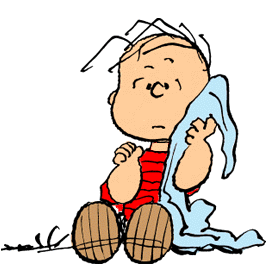Look at that cover. You'd think Jack was writing about encounters with escorts in France, not an adolescent heart-breaking love affair that the author looks back upon with sadness of days/pages turned. How awful.
So first I must say what "Maggie Cassidy" is not:
1) A book about horny.
Now I will move on to say my piece/peace.
Like The National Matt Berninger, Kerouac is having a secret meeting in the basement of his brain. Suppressed emotion of anguish in young love lost. It is seriously never like that I again, I do believe it.
From meeting Maggie Cassidy at a New Year's dance in high school, to having her over to big NYC for a prom at his new prep school, then the bitter and self-eating ending that shows you can overwhelm with emotion sans extreme sexual commentary. Yessir, this one hurts. Maybe myself moreso, moreso right now, because I feel stung by so many women whom I could've married. But I didn't want to. Or maybe I did, but I didn't really know. He didn't either. We're so lost in late teens, early twenties.
Every stupid review I write of Jack Kerouac talks some of automatic writing. It shouldn't, it is his known style for many a books, but this one is so completely successful in the vain of "Tristessa" in that of so many fragments of thought it creates this dancing poetry in novel form. On page 184, near the end, he concocts a speech from Maggie that is half a page, tons of "-", and from it emerges a sentiment that'd haunt Kerouac throughout his search for that ultimate big feeling, "You'll burn yourself out like a moth jumping in a locomotive boiler looking for light". She continues after a minor pause, deriding Jacky for his new big city being.
I see her like so many girls of my own life. With family I met in passing. With cities I met in passing. With a culture I know too well, couldn't be. It's so confusing to say what could have been, especially when what would ensue develops the intellect and awares us of what is.
In the end, the horny prevails, but not the horny, the dastardly and the sinister. Here's the last paragraph, but since nobody reads this, I can't ruin it:
"She laughed in his face, he slammed the door shut, put out lights, drove her home, drove the car back skitteringly crazily in the slush, sick, cursing." Post-revenge-fuck tortures, n that's it.
This from the book that took so many nostalgic and sentimental looks at old home town in a lost era. Kerouac's frequently bitter endings reveal such disappointment he had of his life -- starting in a good hometown Lowell, Mass then to Columbia, before life a military man and wanderer. The roamer, the writer, the antsy part-time recluse. Who started "Maggie Cassidy" with these wickedly sublime visions of winter back East, with the gang, with an easy life of the high school athlete and his little women, and fun.
Like so many of his books with the tinge of bitter ending accompanying this relentless for people and life, the evocative quality runs into your belly only when the pages begin to run out. Then you really can see the images of the indoor track and the little Lowell boy beating the great track star in the 30; the big father entertaining the guests in the back of the house during son's bday party with a dirty joke; the beautiful young lady of us falling into our pseudonym's arms and begging begging begging scared to be loved. Upon reflection, you realize how perfect awesome his writing was.
Now for the only "Maggie Cassidy" cover I know...
